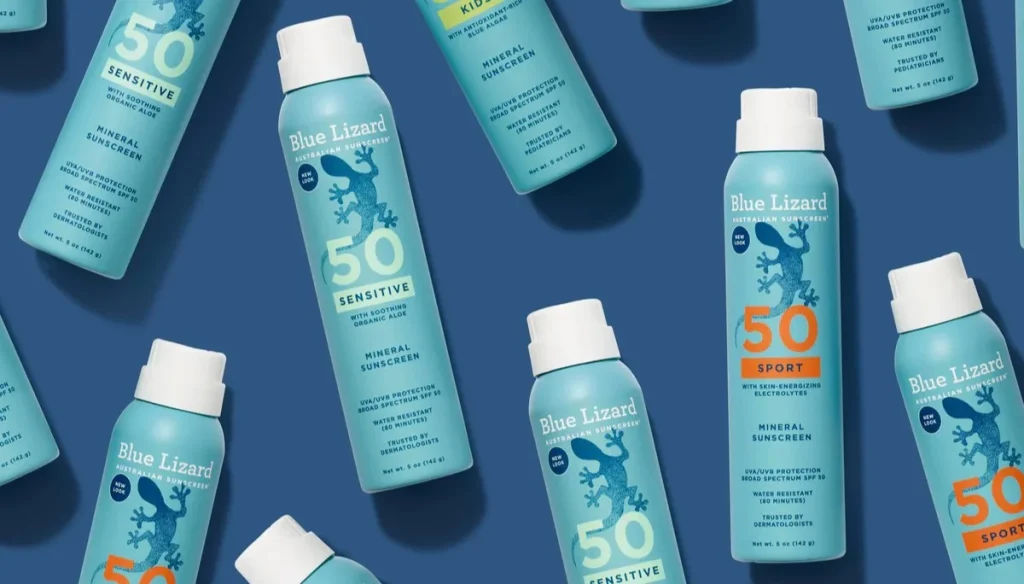For something that ends up on nearly every beach and bathroom shelf across America, sunscreen is still one of the most misunderstood products around. People grab it based on a number (30, 50, 100, etc) without always first thinking, “Exactly what does SPF mean?” And then they wonder why their skin still got burned, or why the product felt awful to wear.
It doesn’t help that a lot of spray sunscreens are sticky, overly perfumed, or weirdly inconsistent when you apply them. So let’s fix that. Here’s what SPF really means, and how to choose a spray sunscreen, from the many available, that you won’t regret.
Keep the momentum going—this one adds another layer.
So, What Does SPF Mean, Really?
The big question is – what does SPF mean? – is not just a detail, as the answer can have real-world consequences for your skin. SPF stands for Sun Protection Factor, and the number refers to how long the sunscreen can help protect you from UVB rays.
Think of it this way: If your unprotected skin would normally burn after 10 minutes in the sun, SPF 30 means you could (in theory) stay out 30 times longer (about 300 minutes) before you burned. It has little to do with how many UV rays it lets through, as there’s actually not much between them in that regard.
It goes like this:
- SPF 15 blocks 96% of UV rays
- SPF 30 blocks 98% of UV rays
- SPF 50 blocks 99% of UV rays
But that’s in a lab. In real life? You sweat. You swim. You forget to reapply. So even a high SPF won’t help much if the sunscreen wears off or never went on evenly in the first place. That’s why dermatologists often say that application matters more than SPFs. A well-applied SPF 30 can outperform a lazily sprayed SPF 70 any day of the week.
Why a Spray is a Good Way to Get Your SPF
Sprays are popular for one simple reason: convenience. They’re fast, hands-free, and don’t leave you covered in a greasy film, if you pick the right one. The wrong spray, though, can feel like you’re misting yourself with bathroom cleaner or clogging every pore on your back.
That’s why newer mineral-based sprays like those from Blue Lizard have caught attention. They offer:
- Zinc oxide-based protection (safer for sensitive skin)
- Broad-spectrum coverage (blocks both UVA and UVB)
- A dry-touch finish that doesn’t feel slick or sticky
- No harsh fragrance or drying alcohols
- Immediate effectiveness.
This kind of formula protects you better, as well as making it far more likely you’ll use it properly. No grimacing. No skipping your shoulders. No complaints from the kids.
What Does SPF Mean? More Time, Not More Protection
So yes, SPF matters. But how you apply it, how it feels on your skin, and whether you’ll actually reapply it? That matters just as much. Choosing a spray sunscreen that ticks all those boxes and makes daily sun protection feel like less of a chore, and more like part of taking care of yourself.
Just keep in mind that a product’s SPFs rating is about how long it will take you to burn, and has much less to do with the level of ongoing UV protection you get. That way, you’ll never leave yourself exposed.
Browse all categories in one place by returning to 2A Magazine.







